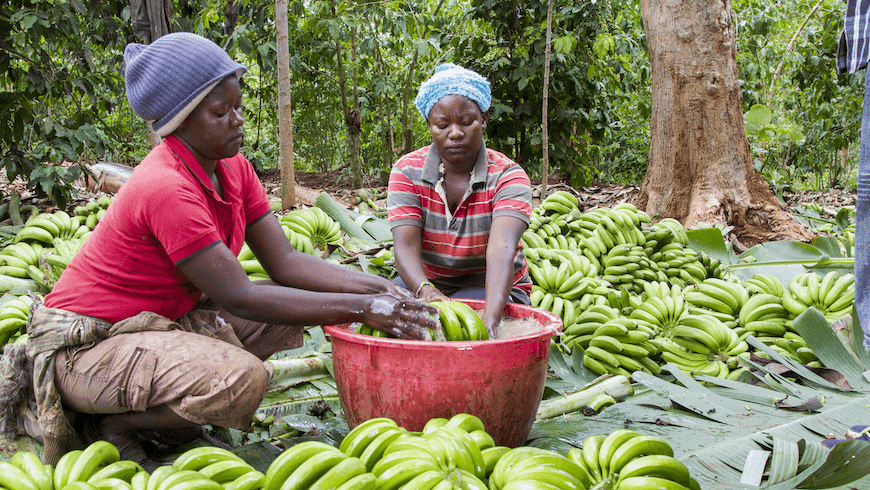October 10, 2022
As devastating heat waves and wildfires become an unwelcome part of summer around the world, it's clear that climate change is no longer a future risk we need to prepare for, but an ongoing crisis we need to navigate. To tackle this challenge, Dymphna van der Lans at the Clean Cooking Alliance argues that the world needs to phase out inefficient, greenhouse gas-emitting cooking methods like wood- and charcoal-burning fires – but for that to happen, funders will need to step up. She explores the lack of funding that has typically plagued the clean cooking sector, and discusses some promising signs of growing momentum.








